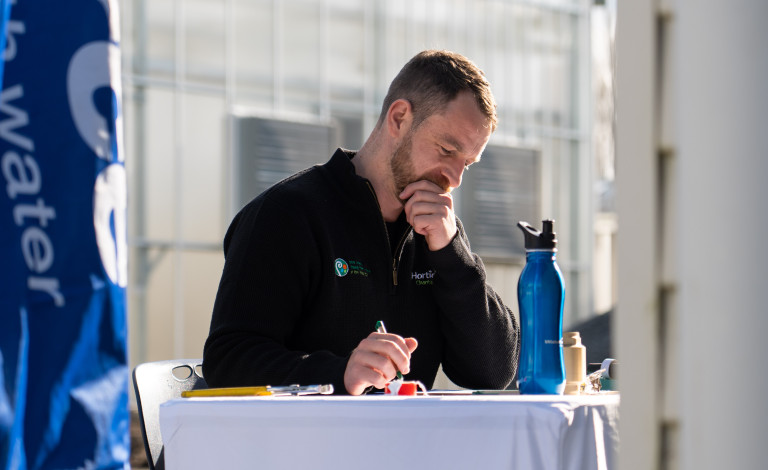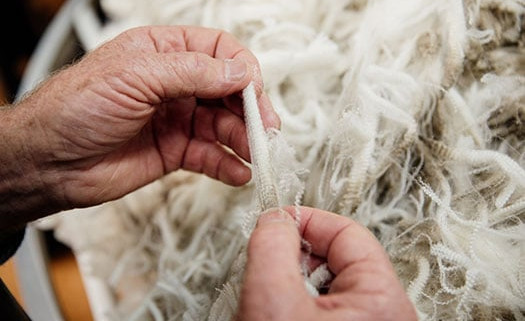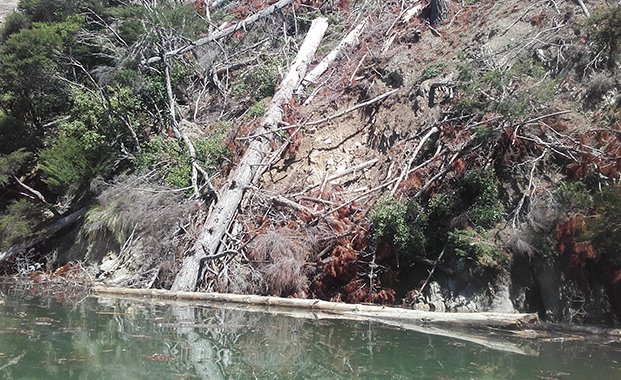Countless hours of research distilled into just three minutes: Lincoln's 3MT heats
22 August 2024 | News
Could you explain your research project in just three minutes?
That’s the name of the game for the annual Three Minute Thesis competition, where PhD students are challenged to present their work in a concise and captivating manner.
The Lincoln University competition heats took place last week, with twelve of the twenty competitors going through to the finals taking place on September 5.
The winner will represent Lincoln at the Asia-Pacific Three Minute Thesis (3MT) virtual competition later this year.
Postgraduate research director Andrew Holyoake said the competition forced PhD students "out of the weeds" of their research and to think about the real impacts it could have.
The great thing about 3MT is that it’s a great equaliser.
"Students at the start of their research journey get as much benefit out of it as students at the end."
There was a broad range of disciplines represented and contestants had clearly embraced the aim of the competition.
The judges were looking for the story of the research and how it was conveyed, he said.
As well as having just 180 seconds to detail their entire project, the competitors were only allowed to use a single slide to demonstrate.
3MT was founded in 2008 by the University of Queensland during a time of severe drought. To conserve water, residents were encouraged to time their showers to conserve water.
Many people used a three-minute egg timer to keep track, which became the inspiration for the competition.
It opened to New Zealand universities in 2009 and the first multi-national event began in 2010. Now more than 900 institutions across more 85 countries hold a 3MT event.
Lincoln University finalists and presentations:
Aamer Mumtaz - When Green Isn't So Green: Plants and Their Nitrous Oxide Emissions
Antonia Olszewski - Helping moo moos do valuable doo-doos
Friederike Espinoza - Unwelcome Guests: The Invasion of Weeds in Shrublands
Kaitlin Watson - Is regenerative agriculture the future of New Zealand farming?
Katie O'Hagan - The benefits of agroforestry for increasing soil carbon
Lauren Jones - APSIM_Lucerne, guiding New Zealand Farmers to a more productive, sustainable future
Marion Dumaine - Reducing Phosphate Leaching - a Solution for Farmers and Waterways
Prabodha Rathnayaka - Impacts of Climate Change on Production Efficiency, Labour Dynamics, and Tea Export in Sri Lanka
Rabiya Saleem - Impact of Corporate Governance on Financial Performance during Crisis Period (GFC 2008, Covid-19, and Russia-Ukraine War).
Roshni Gurung - What's happened to our lake? Characterising the development of a high mountain Kapuche Glacial Lake in Nepal
Royce Luo - The secret guardian of Pinot noir under stresses: arbuscular mycorrhizal fungi (AMF) community
Stephanie Ellis - What is a hazard, and do we need to protect it?


